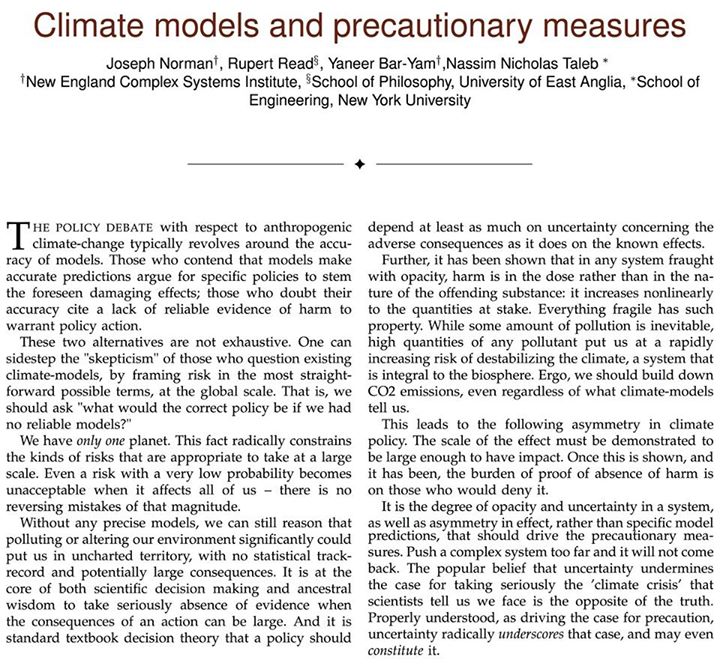Chief
Nice post
These are events from 3000 years ago concerning the Akkad empire
The poem is known as the curse of Akkad, a great civilisation thought to have been eventually destroyed by a disastrous change in climate causing drought that lasted for centuries;
” For the first time since cities were built and founded,
The great agricultural tracts produced no grain,
The inundated tracts produced no ostriches,
The irrigated orchards produced neither wine nor syrup,
The gathered clouds did not rain, the masgurum did not grow.
At that time, one shekel’s worth of oil was only one-half quart,
One shekel’s worth of grain was only one-half quart. . . .
These sold at such prices in the markets of all the cities!
He who slept on the roof, died on the roof,
He who slept in the house, had no burial,
People were flailing at themselves from hunger.[56]
It has recently been suggested that the regional decline at the end of the Akkadian period (and of the First Intermediary Period that followed the Ancient Egyptian Old Kingdom) was associated with rapidly increasing aridity, and failing rainfall in the region of the Ancient Near East, caused by a global centennial-scale drought.[39][40]
H. Weiss et al. have shown “Archaeological and soil-stratigraphic data define the origin, growth, and collapse of Subir, the third millennium rain-fed agriculture civilization of northern Mesopotamia on the Habur Plains of Syria. At 2200 B. C., a marked increase in aridity and wind circulation, subsequent to a volcanic eruption, induced a considerable degradation of land-use conditions. After four centuries of urban life, this abrupt climatic change evidently caused abandonment of Tell Leilan, regional desertion, and collapse of the Akkadian empire based in southern Mesopotamia. Synchronous collapse in adjacent regions suggests that the impact of the abrupt climatic change was extensive.”.[41] Peter B. deMenocal, has shown “there was an influence of the North Atlantic Oscillation on the stream flow of the Tigris and Euphrates at this time, which led to the collapse of the Akkadian Empire (wki) ”
Tonyb












